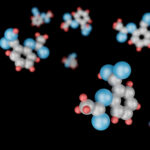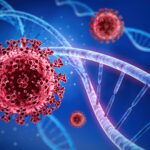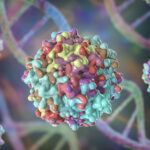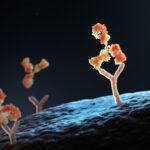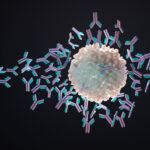CMC Analytical Control Strategies for Drug Development
CMC (chemistry, manufacturing, and controls) is a term used when drug developers define their investigative drug substance, establish manufacturing methods for...
Large Molecule Bioanalysis using LC/MS
Introduction to Large Molecules Therapeutics are an ever-evolving landscape of modalities which range in complexity but can be grouped into two broad categories: small molecules…
LC/MS Applications in Drug Development
Basic Principles of LC/MS Methods Liquid Chromatography-Mass Spectrometry (LC/MS) is a technique that involves the physical separation of target analytes followed by their mass-based detection.…
PCR as a Bioanalytical Tool for Gene and Cell Therapy
The third and final blog in our cell and gene therapy series will focus on PCR as a bioanalytical tool for gene and cell therapy. …
Safety and Efficacy Testing of Cell Therapies
An Overview of Cell Therapy: As we continue our blog series on cell and gene therapy, we will now dive into cell therapy programs. If…
Bioanalytical Support for Gene Therapy Programs
An Introduction to Gene Therapy: As early as the 1970’s, the term “gene therapy” was used for the treatment of genetic disorders at the DNA…
Receptor Occupancy Flow Cytometry Assays
This is the final blog in our three-part flow cytometry series. Part 1 highlighted the broad application of flow cytometry for bioanalysis, part 2 investigated…
Flow Cytometry Assays for Cell Therapy
As we continue our blog series on flow cytometry, we’ll now dive into how this powerful capability supports multiple types of cell therapies. If you…
Flow Cytometry – What’s Old is New Again
Analytical testing of therapeutic compounds often requires data at the single-cell level. Flow cytometry is a versatile technology that can analyze multiple characteristics of cells…
Immunogenicity Testing For Biosimilars
Entering the biosimilars market is an enticing prospect for many biopharma companies, offering the potential for reduced development and manufacturing costs while providing patients with…


